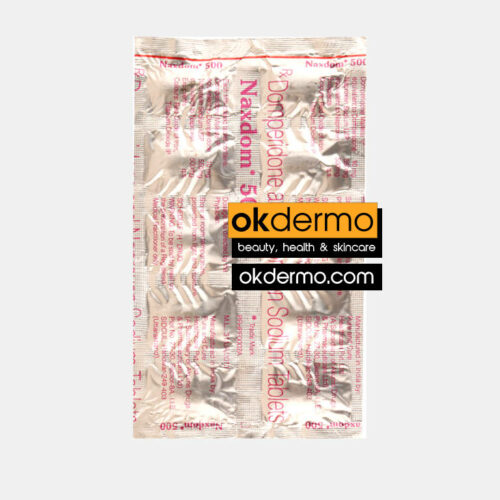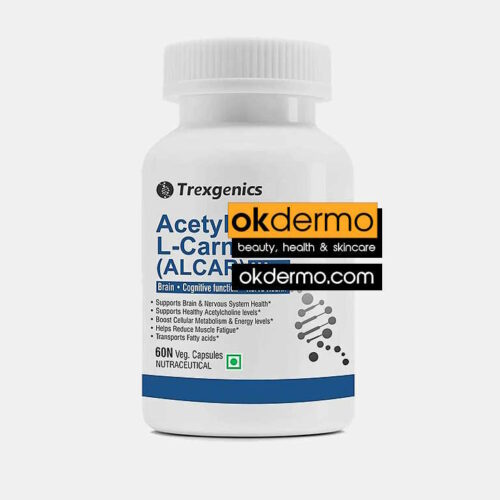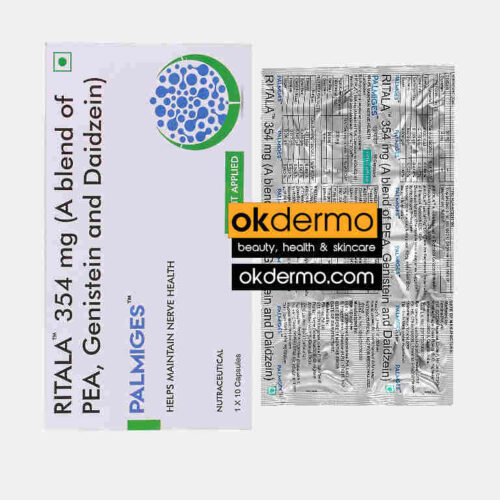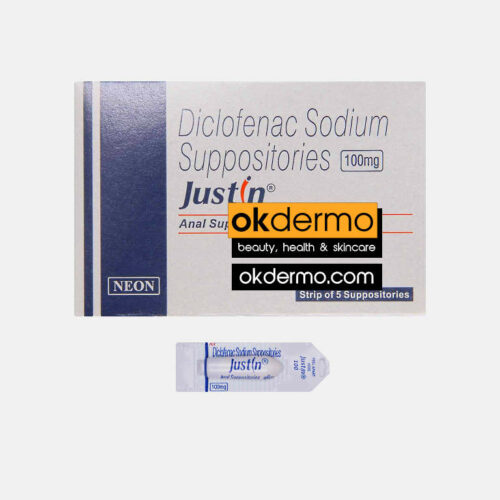Description
What is Lidocaine Injection?
Lidocaine, also known as lignocaine and sold under the brand name Xylocaine among others, is a local anesthetic of the amino amide type. It is also used to treat ventricular tachycardia. When used for local anesthesia or in nerve blocks, lidocaine typically begins working within several minutes and lasts for half an hour to three hours. Lidocaine mixtures may also be applied directly to the skin or mucous membranes to numb the area. It is often used mixed with a small amount of adrenaline (epinephrine) to prolong its local effects and to decrease bleeding.
Lidocaine Injection is a local anesthetic. It works by blocking the transmission of pain signals from the nerves to the brain. This helps to decrease the sensation of pain.
Lidocaine is used to relieve nerve pain after shingles (infection with the herpes zoster virus). This type of pain is called post-herpetic neuralgia. Lidocaine helps to reduce sharp/burning/aching pain as well as discomfort caused by skin areas that are overly sensitive to touch. Lidocaine belongs to a class of drugs known as local anesthetics. It works by causing a temporary loss of feeling in the area where you apply the patch.
Lidocaine Injection is a local anesthetic. It is used during minor surgical procedures such as dental, oral, diagnostic, or other therapeutic procedures to anesthetize or numb the surgical area. Lidocaine Injection must be administered by healthcare professionals. It blocks the pain signals to reach the brain by temporarily numbing the surgical area and helps to perform a painless procedure.
This medicine is generally safe with little or no side effects. However, it may cause injection site reactions, such as pain, swelling, and redness, in some people. These are usually mild and short-lived. If the numbness or other side effects persist at the injection site, consult your doctor without any delay.
Before using Lidocaine Injection, it is very important to tell your doctor if you have any underlying heart disease or are taking medicines for heart rhythm problems. Ask your doctor for advice if you are pregnant or breastfeeding. Also, the medicine may cause dizziness. So avoid driving or operating heavy machinery while on medication.




























